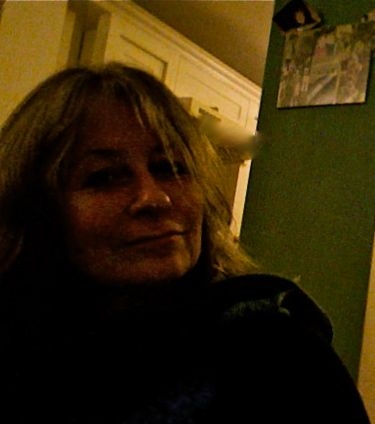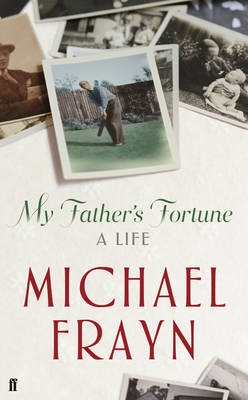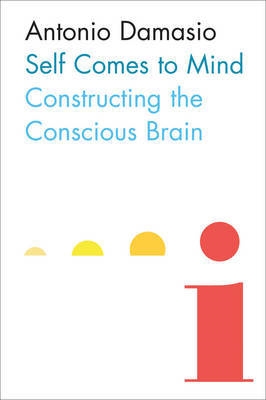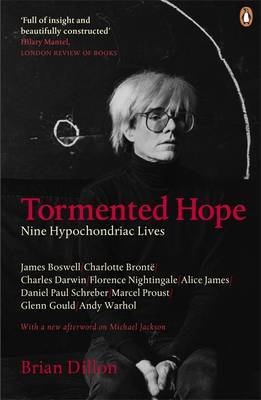 Our third guest reviewer of this year’s publishing highlights is Cambridge-based historian of medicine, Louise Foxcroft.
Our third guest reviewer of this year’s publishing highlights is Cambridge-based historian of medicine, Louise Foxcroft.
Louise won the Longman/History Today Prize in 2009 for her book Hot Flushes, Cold Science: A History of the Modern Menopause. You can hear a podcast in which she discusses the book here.
And here are Louise’s favourite books of the year:

 Brian Dillon’s Tormented Hope: Nine Hypochondriac Lives (shortlisted for the Wellcome Prize 2009) is a terrific account of a debilitating but abstract condition.
Brian Dillon’s Tormented Hope: Nine Hypochondriac Lives (shortlisted for the Wellcome Prize 2009) is a terrific account of a debilitating but abstract condition.
It is told through the experiences of articulate sufferers: Proust, who expired, his fears vindicated, in his cork-lined sick room; Warhol who had a dread of doctors and hospitals but couldn’t avoid them; the glamorous Glenn Gould loved his prescription drugs and medical paraphernalia but died of self-neglect; and Boswell, the London Magazine‘s resident “Hypochondriack”, used exercise, regular dining and lots of sex to help him deal with his bodily fears.
All these anxieties were made worse by the fallibility of doctors who had few medicines but plenty of platitudes, and whose knowledge was said to progress one funeral at a time. Anyone with the merest twinge of health anxiety, and that’s probably all of us, will be fascinated.
Michael Frayn is one of my favourite writers, his novels are always funny, tragic, clever, and very perceptive. My Father’s Fortune: A Life is another one, like Spies, that I will re-read endlessly.
Self Comes To Mind: Constructing the Conscious Brain is an excellent piece of popular science by Antonio Damasio, Professor of Neuroscience Brain and head of the Creativity Institute at the University of Southern California. Damasio’s writing is lyrical and concise, so that difficult concepts are made clear and are a pleasure to read.
He illustrates how the conscious mind results from the smoothly articulated operation of many brain sites with the analogy of an orchestra and its conductor, but in this case it is the orchestra and its performance that produces the conductor. The great paradox, he says, is that our self is our entry into knowledge, and yet here we are questioning it. He makes thinking about your self seem quite acceptable

